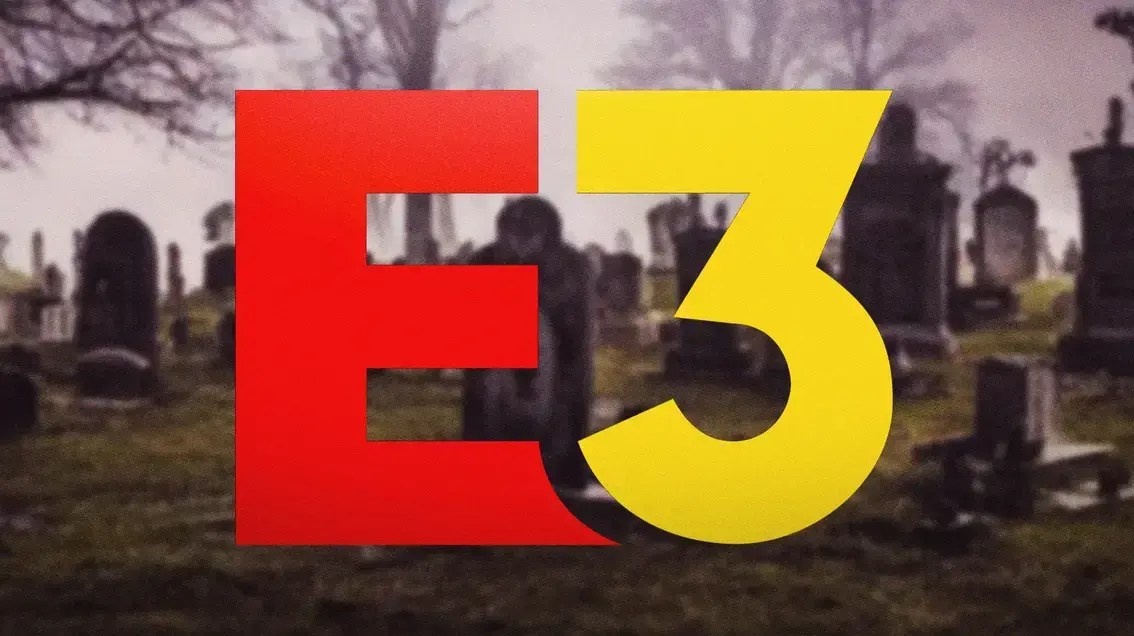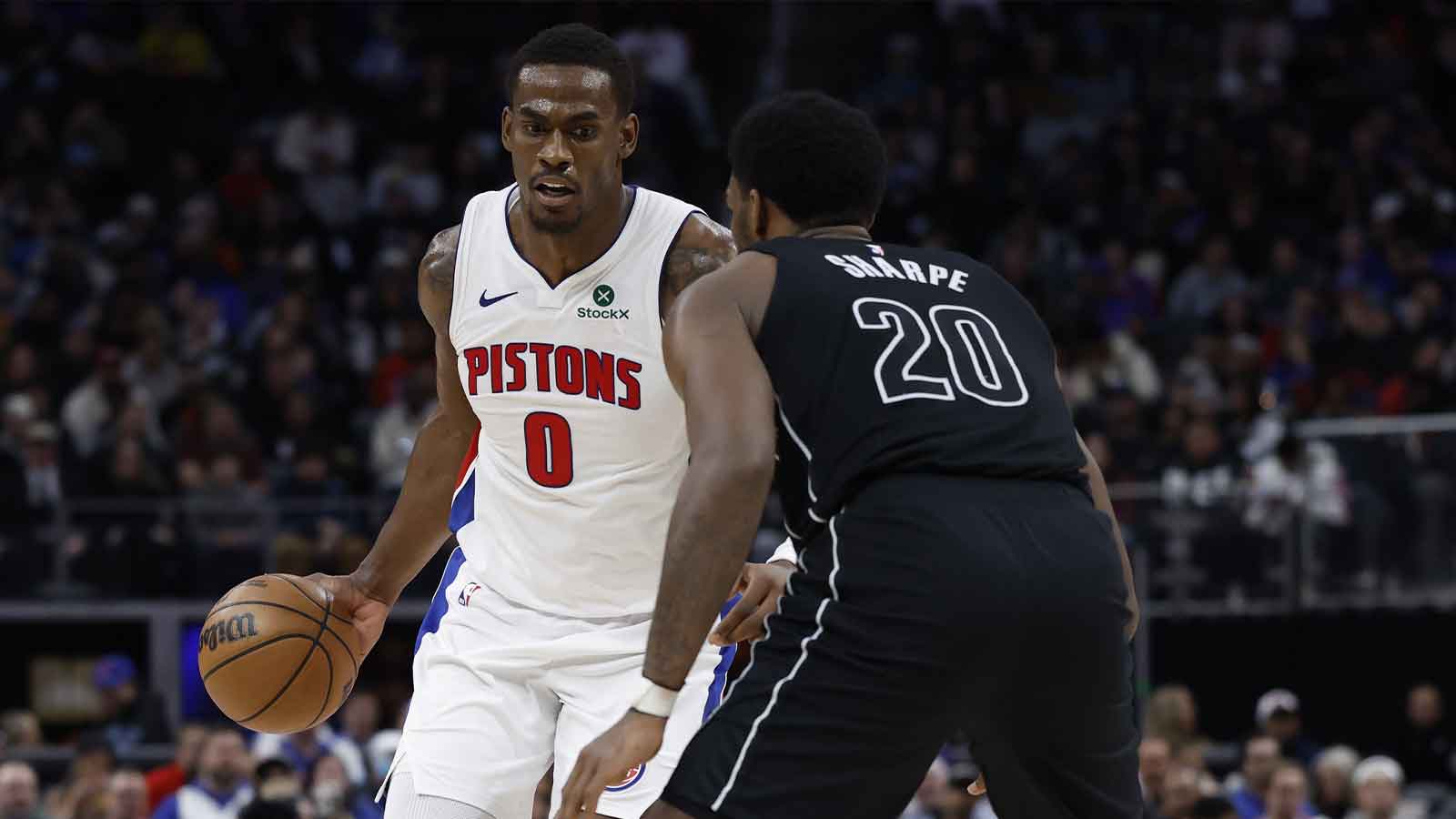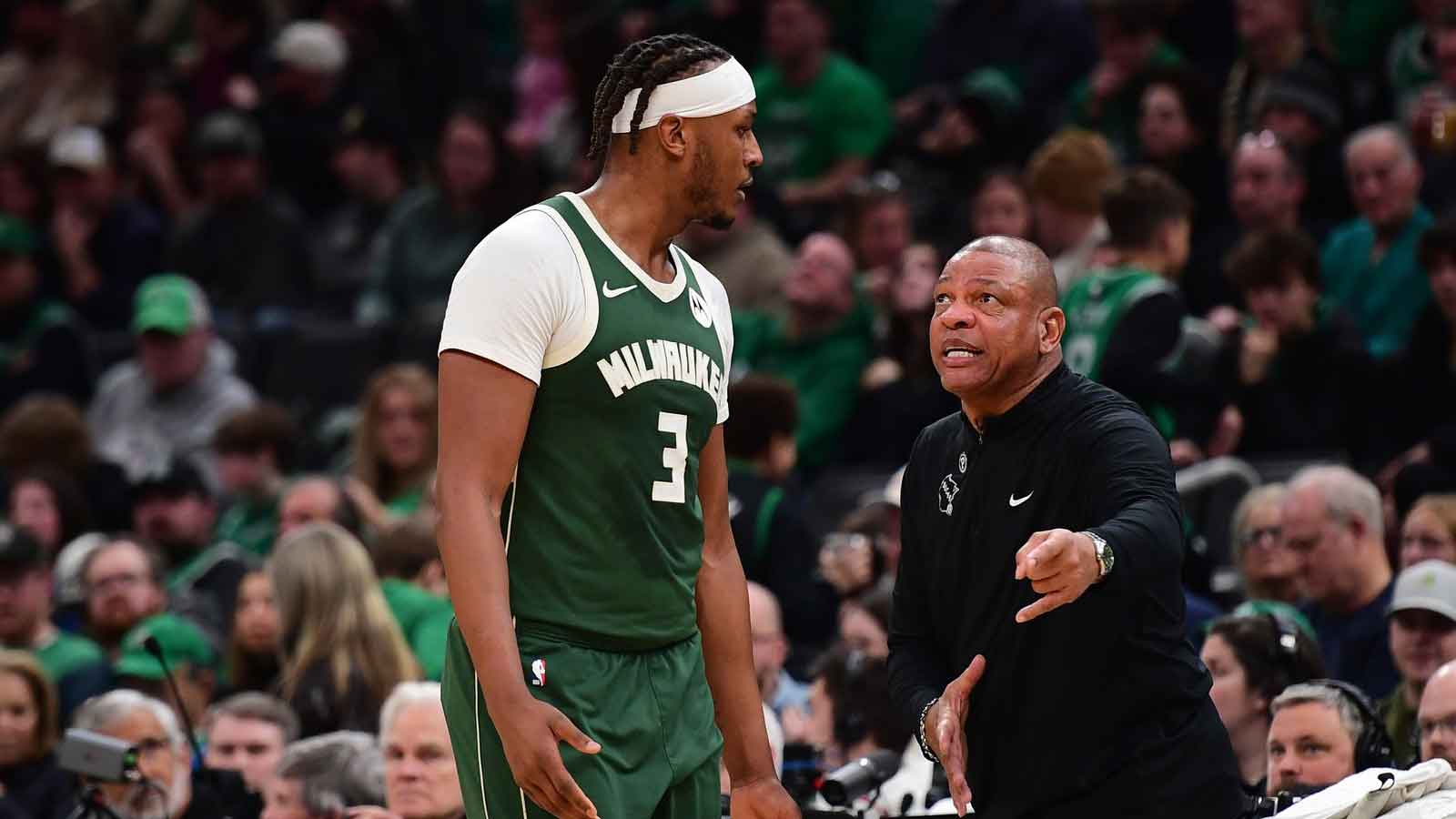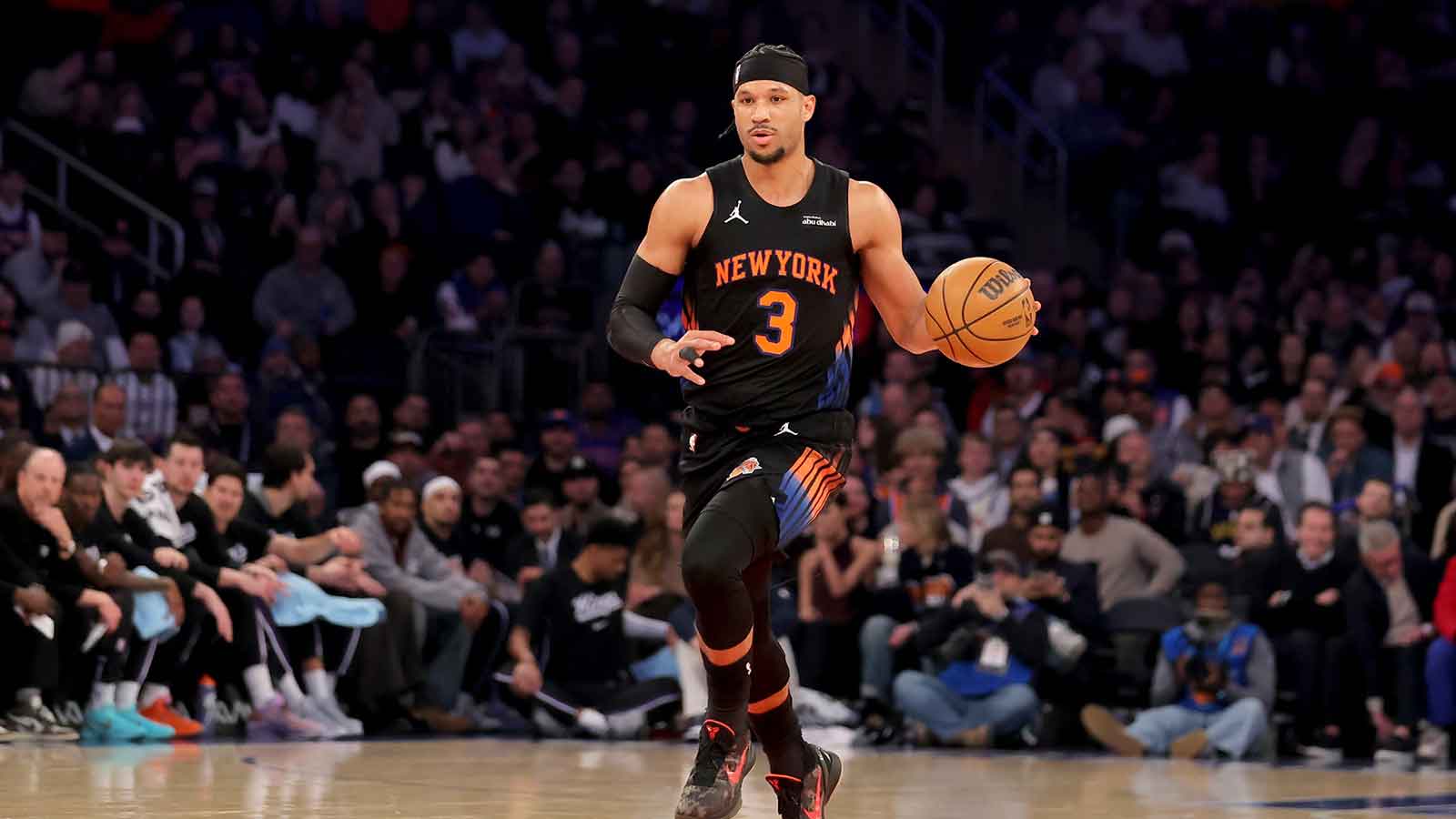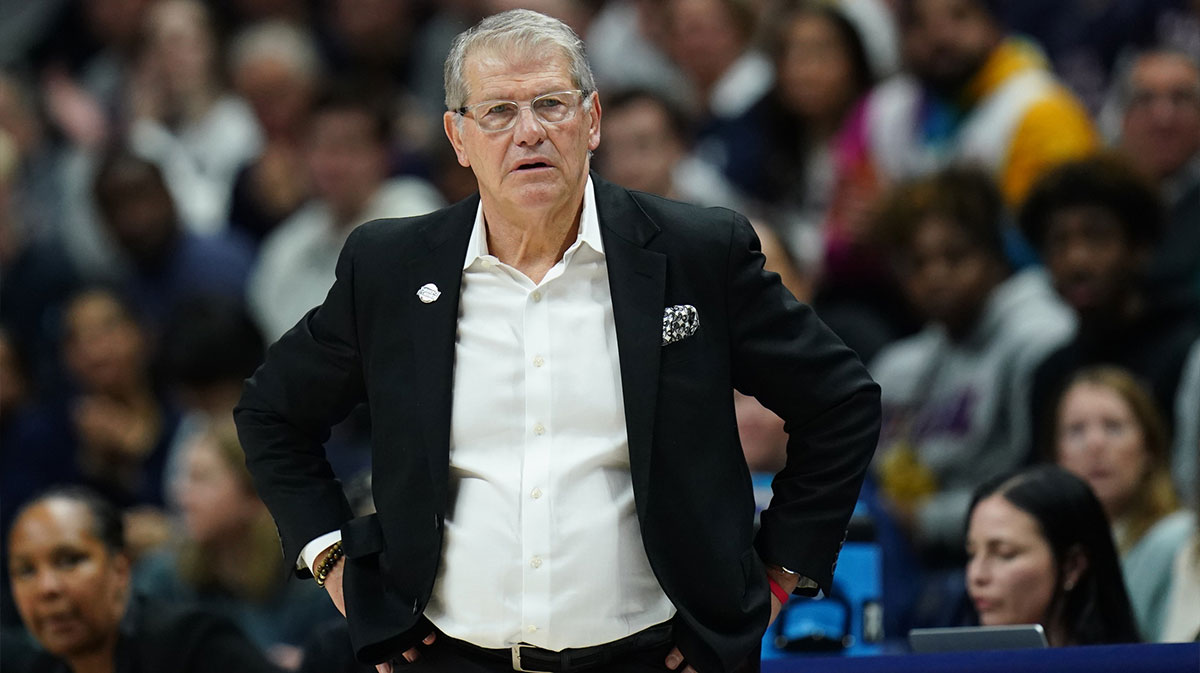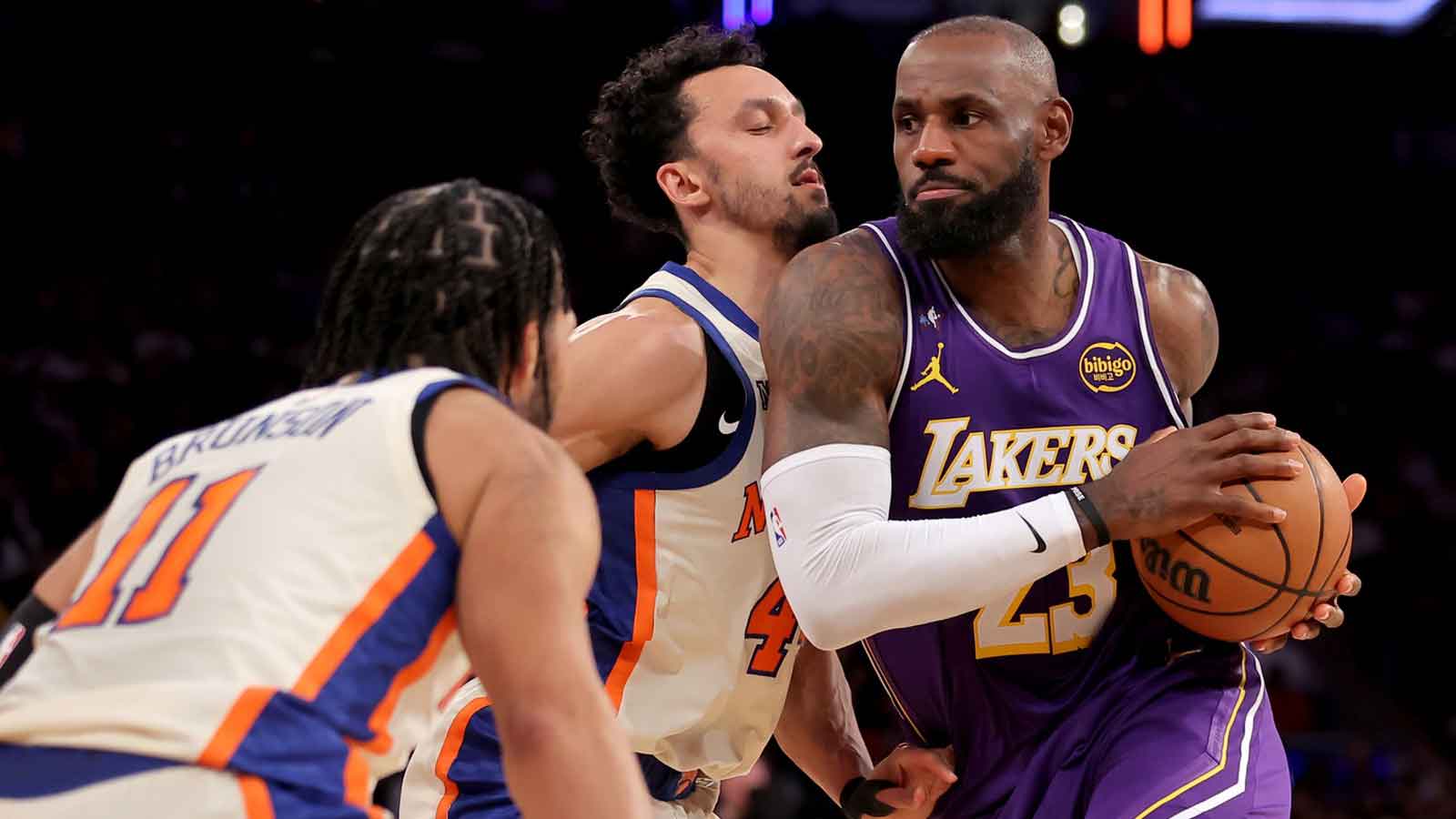In a momentous and somewhat somber announcement, the Entertainment Software Association (ESA) has officially concluded the Electronic Entertainment Expo, known affectionately as E3. This closure marks the end of an over two-decade era in which E3 stood as a pivotal force in the gaming industry, celebrated for showcasing cutting-edge innovations and developments.
Stanley Pierre-Louis, ESA President and CEO, expressed the emotional weight of this decision, acknowledging the challenge of parting with an event deeply ingrained in the gaming community. “We know it’s difficult to say goodbye to such a beloved event, but it’s the right thing to do given the new opportunities our industry has to reach fans and partners,” he stated.
The unraveling of E3's longstanding legacy began as major industry players like Sony, EA, and Nintendo gradually withdrew, opting instead for individual showcases during the period now colloquially known as the Not-E3 season. This fragmentation, alongside the rise of alternatives such as Geoff Keighley's Summer Games Fest, set the stage for expos' decline.
E3's decline amidst industry transformations
E3's challenges were further compounded by the COVID-19 pandemic, which delivered a significant blow to the event. Attempts to adapt, such as the all-digital E3 in 2021, could not offset the financial losses incurred, highlighting the shifting dynamics of industry showcases. The subsequent cancellation of both the 2022 and 2023 events underscored E3's struggles to maintain its relevance.
In a bid to rejuvenate the waning event, convention organizer ReedPop was tasked with reviving E3. However, this initiative stumbled as plans for the grand E3 2023 revival fell through, largely due to lack of interest from key publishers and developers. This led to a dissolution of the partnership between ReedPop and the ESA, casting E3's future into uncertainty.
Despite whispers of a potential “complete reinvention” of E3 planned for 2025, the likelihood of a 2024 E3 steadily diminished. These rumors, mired in uncertainty, symbolize not only the end of an era for E3 but also prompt reflection within the gaming community on the evolving nature of industry showcases. As E3 takes its final bow, its impact on the gaming world remains indelible, and its absence raises questions about the changing ways in which the industry connects with its audience.
— E3 (@E3) December 12, 2023
Gaming expos in a post-E3 landscape
The end of the expo represents a significant shift in the landscape of gaming expos. For over 20 years, E3 was the go-to event for major announcements, game reveals, and industry networking. Its closure signals a transition to new formats and platforms for showcasing gaming content.
The decision to end the expo did not come lightly. It reflects a broader trend in the gaming industry towards digital and individualized content dissemination. Major companies and developers are increasingly favoring direct engagement with their audiences through digital events and social media platforms, offering more control over their messaging and timing.
The impact of the pandemic cannot be overstated in accelerating this shift. The forced move to digital formats during the pandemic illustrated the feasibility and effectiveness of online showcases. It also highlighted the potential cost savings compared to large-scale, in-person events like E3.
Innovation and new approaches in gaming expos
The closure of the expo may leave a void in the gaming industry's calendar, but it also opens the door for innovation and new approaches to community engagement. The gaming industry is known for its adaptability and creativity, and the post-E3 landscape is likely to be characterized by a diverse array of digital events, smaller, more specialized expos, and increased direct interaction between game developers and their audiences.
This transition period is a crucial time for the gaming industry as it redefines how it interacts with its audience. The end of E3 is not just the closing of a chapter but also the beginning of a new era in gaming showcases. As the industry evolves, it will continue to find new and innovative ways to connect with gamers around the world, ensuring that the spirit of E3 lives on in whatever form the future of gaming events takes.
For more gaming news, visit ClutchPoints Gaming

